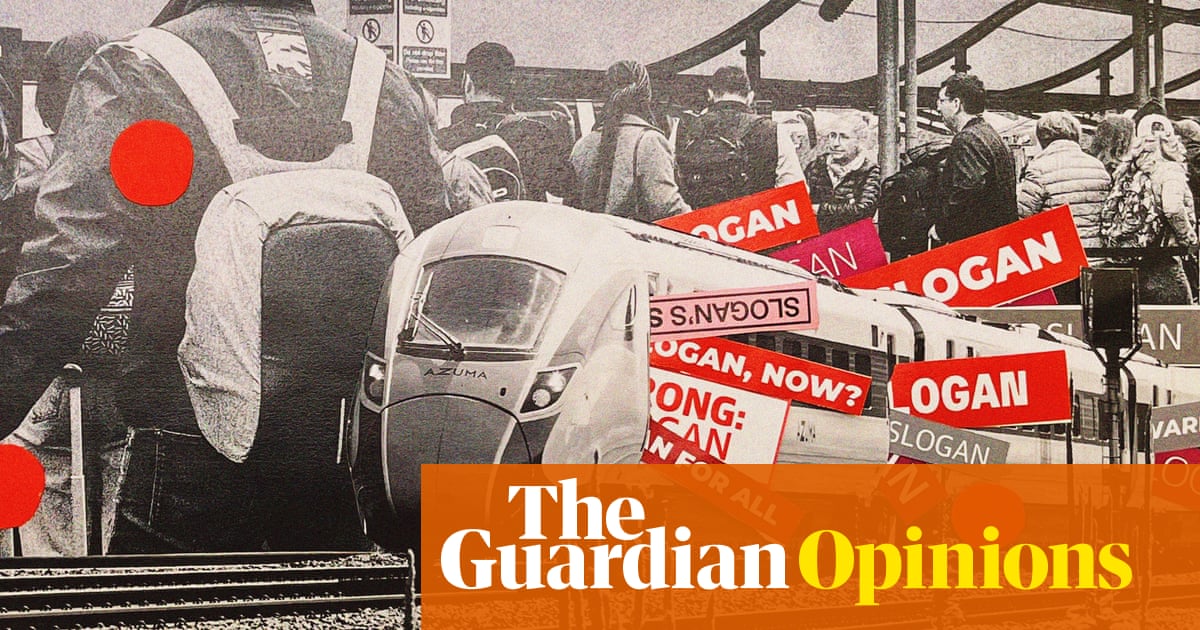
If it wasn’t for the agreement that the Organization of the Petroleum Exporting Countries and its allies signed in Vienna five years ago, OPEC+ wouldn’t be meeting today or celebrating its triumph over the market.
In the words of OPEC Secretary-General Mohammad Sanusi Barkindo: “The ‘Vienna Agreement’ constitutes a historic moment in the history of the oil industry, as well as in international cooperation and multilateralism, as it led to the institutionalization of a global framework that not only helped the oil industry immediately, but also years later when the COVID-19 pandemic broke out in 2020 and caused a severe oil market contraction.”
The agreement that was signed on Nov. 30, 2016, was the result of a series of unfortunate events. It all started in 2014 when shale oil output went out of control and OPEC decided in the winter of that year to confront North American producers by protecting its market share, a strategy based on pushing out high-cost producers from the market.
At that time, OPEC wanted to cooperate before it went into confrontation but no one came to the rescue. Russia sent its oil czar Igor Sechin to Vienna but he was never a believer in OPEC and Ali Al-Naimi, the Saudi oil minister back then, didn’t believe Sechin held any solution. So the Americans and the Russians didn’t want to help and OPEC had no choice but to launch its painful market share strategy.
Well, it wasn’t until early 2016 that everyone came to their senses when oil prices reached an alarming level. However, Algeria and Venezuela felt the most pain and decided to do something about it.
So the oil diplomacy started and the Venezuelan oil minister mediated to bring everyone to the table. Qatar was the president of the OPEC conference that year and its minister Mohammed Al-Sada played an instrumental role in the coordination.
Countries started to respond and Qatar, Saudi Arabia, Russia, and Venezuela held a meeting in March in Doha and proposed an accord to freeze oil output at January 2016 levels and called on other producers to do so. In the following month, around 15 OPEC and non-OPEC producers, accounting for about 73 percent of the global oil output, supported this initiative and agreed to meet in Doha to sign an agreement.
Doha was about to be the birthplace of the OPEC+ deal if it weren’t for Iran that insisted it will not join, which prevented Al-Naimi from signing the agreement. The talks collapsed but didn’t die and the Venezuelans, Qataris, and later the Algerians saved the talks.
Algeria that year hosted the International Energy Forum conference, and OPEC ministers met on the side, and that meeting was then turned into an extraordinary meeting. They finally decided to “conduct a serious and constructive dialogue with non-member producing countries, to stabilize the oil market and avoid the adverse impacts in the short- and medium-term.”
They also agreed to cap production at a range of 32.5 to 33 million barrels per day “in order to accelerate the ongoing drawdown of the stock overhang and bring the rebalancing forward.”
This meeting in Algiers, Algeria became a beacon of hope and the high-level committee that was formed in that meeting started negotiations again with non-OPEC. The result was the Vienna Agreement.
People may remember the agreement but tend to forget the people who stood behind it. That meeting in Algiers in September introduced to the world a new secretary-general for OPEC, Barkindo, and a new Saudi energy minister Khalid Al-Falih, who continued the work of Al-Naimi and successfully led OPEC+ along with Russian counterpart Alexander Novak who later became deputy prime minister. Qatar’s Al-Sada was president for one of the most successful years of OPEC.
Noureddine Boutarfa, Algeria’s energy minister, became a hero until he was sacked from his post in May 2017 in a scenario that can only happen in OPEC. He was inside the closed meeting with other ministers discussing the extension of the OPEC+ agreement, and he discovered his removal just like us standing there in front of the OPEC building — through a statement on the Algerian Press Agency. He lost all his power in the middle of the meeting, something that no one could have imagined for a key figure of the OPEC+ deal.
OPEC+ did an exceptional job to balance the market. There were moments when we all doubted that the alliance would do something. In fact, the first statements that most ministers made in early 2017, was that the market will clear by no longer than the second half of the year. Well, they underestimated the glut and it took them three years to see that glut clearing.
The pain of this market rebalancing act is still there and OPEC+ is still dealing with a volatile market and this volatility will remain for years to come. The gains that they all have gained in terms of oil prices stability and market dominance are still here and will stay for another year at least.
Yes, the alliance went through ups and downs, nevertheless, it is the only driving force today for market stability. No matter how American politicians hate OPEC or Russia, they have to understand that this alliance is what kept the wells in Texas running.
The question now is will this alliance stay for another five years? That’s hard to tell but let’s hope that the pains and gains of today will bring all these countries together for longer.
Wael Mahdi is senior business editor at Arab News and co-author of “OPEC in a shale oil world: where to next?” Twitter: @waelmahdi












